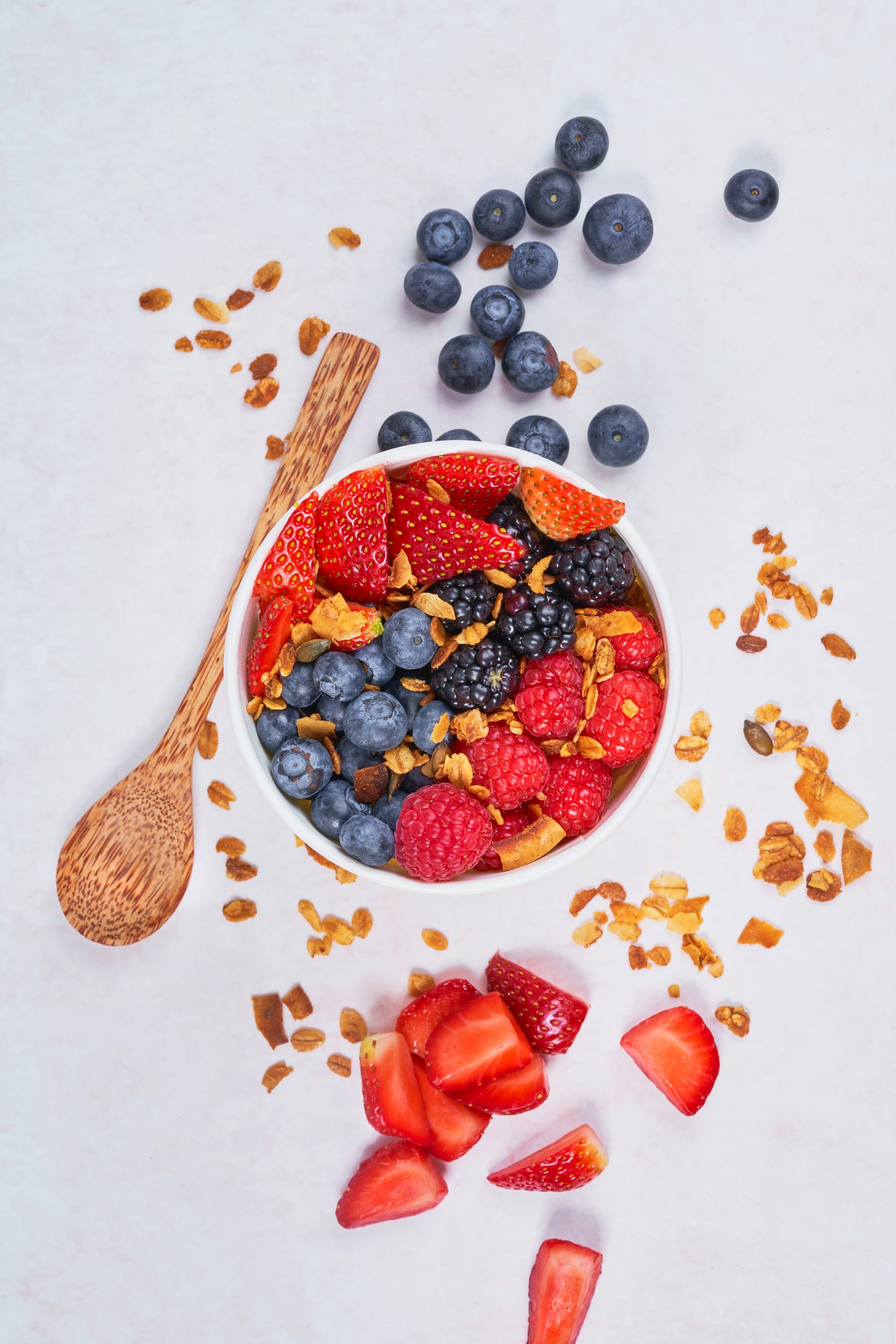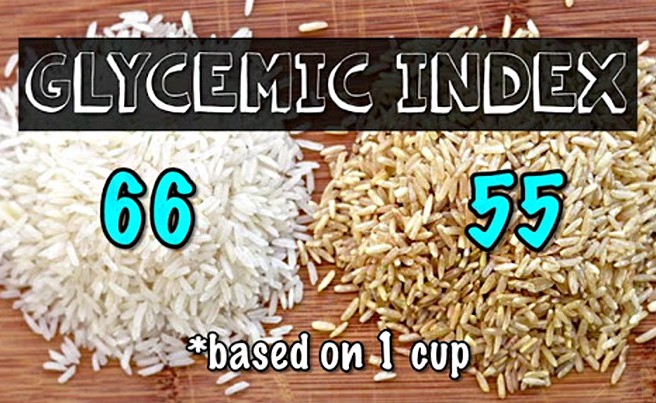Are you considering switching to a plant-based diet but worried about getting enough protein? You’re not alone! Many people believe that animal products are the only source of protein, but that couldn’t be further from the truth. A well-planned plant-based diet can provide all the protein your body needs to thrive without harming animals or the environment. In this blog post, we’ll explore different types of protein sources and how much you need on a plant-based diet. Get ready to learn how to fuel your body with delicious and nutritious foods!
What is a Plant-based Diet?
A plant-based diet is exactly what it sounds like – a diet based on plants! This means that the majority of your diet comes from fruits, vegetables, legumes, nuts and seeds. A plant-based diet can include some animal products such as dairy or eggs but limits meat and fish intake.
One of the main benefits of a plant-based diet is its positive impact on our health. Eating more fruits and vegetables has been linked to lower rates of heart disease, type 2 diabetes and certain types of cancer.
But it’s not just our health that benefits from eating a plant-based diet. Choosing to eat less meat also helps reduce greenhouse gas emissions, conserve water resources and protect animal welfare.
While transitioning to a fully plant-based lifestyle may seem intimidating at first, there are many delicious recipes out there that make this change easy and enjoyable. So why not give it a try? Your body (and the planet) will thank you!
The Different Types of Protein on a Plant-Based Diet
A common misconception about plant-based diets is that they lack protein. However, there are actually numerous sources of protein available to those who opt for a plant-based lifestyle.
One type of protein found in many plant-based foods is incomplete protein. These proteins do not contain all the essential amino acids necessary for our bodies to function properly. Examples include legumes, nuts and seeds.
On the other hand, complete proteins contain all nine essential amino acids that our bodies cannot produce on their own. While these types of proteins are typically found in animal products like meat and dairy, some plants also provide complete proteins such as quinoa, chia seeds and hemp seeds.
Additionally, some people choose to supplement their diets with vegan protein powders made from ingredients like pea or brown rice protein isolate.
Ultimately, it’s important to incorporate a variety of different types of plant-based proteins into your diet to ensure you’re getting all the necessary nutrients your body needs while adhering to your dietary preferences.
How Much Protein Do You Need on a Plant-Based Diet?
One of the most common misconceptions about plant-based diets is that they don’t provide enough protein. However, this couldn’t be further from the truth. In fact, you can easily get all the protein you need on a well-planned plant-based diet.
So how much protein do you actually need? The answer depends on your age, gender, weight and activity level. Generally speaking though, adults need around 0.8 grams of protein per kilogram of body weight per day.
If you’re an athlete or very physically active, you may need slightly more than this to support muscle growth and repair. But for most people following a plant-based diet, meeting their daily protein needs isn’t difficult at all.
It’s worth noting that not all sources of plant-based protein are created equal. Some are complete proteins which contain all nine essential amino acids that our bodies can’t produce on their own. Examples include soy products such as tofu and tempeh, quinoa and chia seeds.
Other sources of plant-based protein like legumes (beans,lentils), nuts and seeds are incomplete proteins but when consumed together in meals they can complement each other to provide complete nutrition with adequate amount of carbs,fats & Proteins
The key is to eat a variety of different foods throughout the day so that your body gets everything it needs to function at its best!
What are Some Good Sources of Protein on a Plant-Based Diet?
When it comes to getting enough protein on a plant-based diet, there are plenty of options available. It’s important to diversify your sources of protein to ensure you’re getting all the essential amino acids your body needs.
One great source of plant-based protein is legumes, such as lentils, chickpeas and black beans. These foods are not only high in protein but also rich in fiber and other essential nutrients.
Nuts and seeds are another great option for boosting your protein intake. Almonds, chia seeds, hemp seeds and pumpkin seeds are all excellent sources of plant-based protein that can be easily incorporated into meals or enjoyed as snacks.
Whole grains such as quinoa, brown rice and oats also contain significant amounts of protein. In fact, some types of whole grains can provide up to 12 grams of protein per cup cooked.
Don’t forget about vegetables either! Many veggies contain more protein than you may realize. Broccoli, spinach and Brussels sprouts are just a few examples that pack a punch when it comes to their nutrient content including iron which helps carry oxygen throughout the body.
Incorporating these foods into your daily meals will help ensure you’re meeting your daily recommended intake for plant-based proteins without sacrificing taste or variety.
Conclusion
Getting enough protein on a plant-based diet is not as difficult as it may seem. With the various types of plant-based proteins available and the right knowledge about how much protein you need, it’s possible to meet your daily requirements without consuming any animal products.
Whether you are vegan, vegetarian or simply looking to reduce your meat intake, incorporating a variety of whole foods such as legumes, nuts and seeds can help ensure that you receive all essential amino acids needed for optimal health.
Remember that a balanced diet is key to achieving good health and overall well-being. So don’t be afraid to experiment with different plants and recipes until you find what works best for you. By doing so, you’ll discover just how delicious and nutritious plant-based eating can be!










